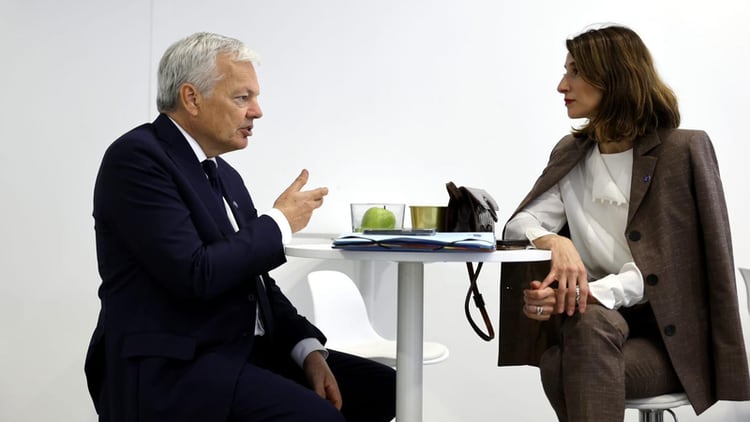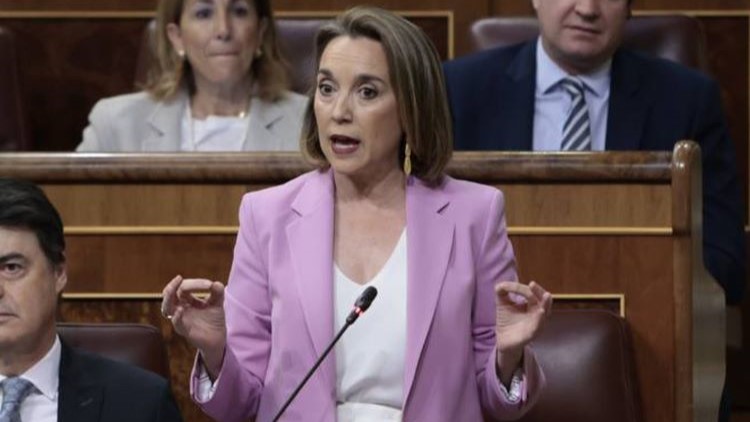The Diplomat
The Commissioner for Justice of the European Union (EU), Didier Reynders, recalled yesterday that the drafting of the possible amnesty law for the ‘procés’ that Junts is demanding in order to invest Pedro Sánchez is a “national competence”, but warned that “there are some limits”, in reference to the impact that the law could have on the crimes of embezzlement that affect European funds.
He made this statement to the press during the seminar ‘Public service of justice in times of change’, held in the Permanent Module of the Spanish Presidency of the Council of the European Union, in IFEMA, in Madrid, reports Europa Press.
Reynders insisted that so far he has not received any text of law on which he can comment. “I have heard that it may be possible that in the next few hours or days there will be a reference text in the negotiations for the formation of a government”, he said.
In this sense, he stressed that he would be watching closely. “First of all, as I said, it is a national competence, but of course there are some limits. And you know that in Europe we are very much involved in the fight against corruption”, he said.
The European Commissioner warned on 14 September that while he was following the post-election situation in Spain, he could not assess a possible amnesty for the ‘procés’ given that he had no document or draft in his possession on which to make a statement.
On Monday, Reynders warned in a speech to the European Parliament’s Committee on Civil Liberties, Justice and Home Affairs (LIBE) that he would be attentive to the impact of the amnesty law, especially with regard to embezzlement offences affecting European funds.
According to him, a legal text such as the one demanded by Junts to support the investiture of Pedro Sánchez would leave “deprived of content” judicial sentences and proceedings underway for “very serious” crimes such as embezzlement or disobedience.
Reynders had also planned to speak yesterday at a seminar on the rule of law organised by the Ministry of Foreign Affairs at the María Zambrano Campus of the University of Valladolid in Segovia, but the meeting was postponed by the government a week earlier, to avoid discussing the issue of amnesty, in the midst of Pedro Sánchez’s negotiations with the Catalan pro-independence supporters in order to be invested as president of the government.
On the other hand, asked about the renewal of the General Council of the Judiciary (CGPJ) – pending since December 2018 – Reynders indicated that he will resume contacts if there is a new government. First to promote the renewal, which he considered a “very urgent” matter, and “then to begin with the reform”.






